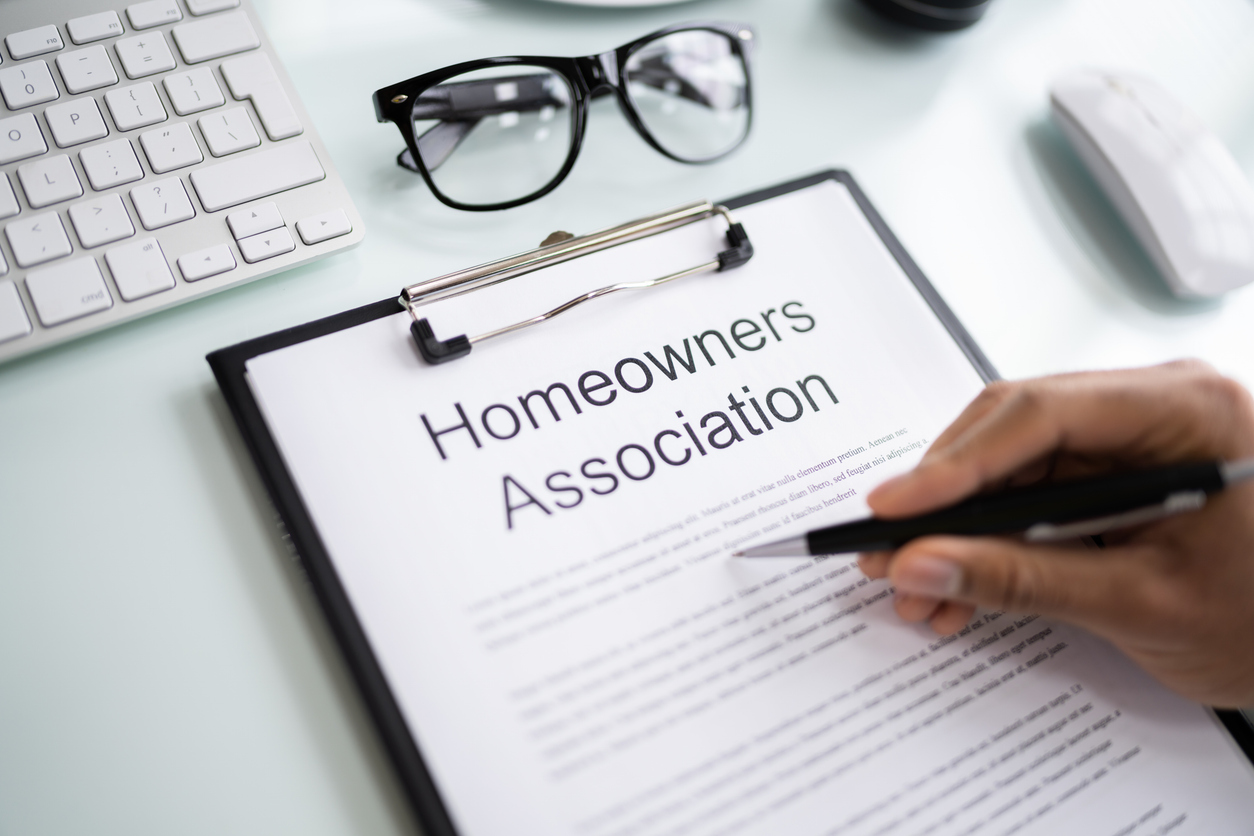
Key takeaways
- DPA programs come in many forms, from zero-interest forgivable loans to grants.
- A “first-time homebuyer” doesn’t necessarily mean someone who has never owned a home
– typically, you must not have owned a home in the last three years. - All DPA programs are not created equally. Eligibility depends on your total income, savings, creditworthiness, and debt-to-income ratio.
Before committing to an assistance program, review any applicable interest rates and determine whether the assistance will affect your mortgage rate.
Conventional homebuying wisdom holds that you need to put down 20% of the home’s price as your down payment. But what if 20% – or even 3% to 5% – is out of your budget? Various down payment assistance (DPA) programs exist nationwide from commercial lenders, such as Bank of America and Chase, state and local governments, and federal agencies, such as the Department of Housing and Urban Development (HUD). These programs help first-time homebuyers obtain a home and begin accessing equity.
But the precise program or type of DPA available to you largely depends on your state and local government. And, of course, some zip codes provide more favorable assistance than others.
What is a DPA?
A down payment assistance program (DPA) program is an incentive offered by a private entity, governmental agency, or not-for-profit organization and intended to get first-time homebuyers into houses. Types of programs vary, and the availability of a specific program depends on your location.

Types of down payment assistance programs
There are four types of DPA programs:
- Grants: Free money you do not have to pay back to the provider.
No-interest forgivable loans: These loans are interest-free, and the lender will forgive them under certain conditions – for example, so long as you live in the house or after you’ve lived there for a certain period.
–No-interest deferred payment loans: Usually, these loans require no repayment until you sell the home, refinance the mortgage, or the mortgage term ends.
–Low-interest loans: While you must repay these loans, the repayment period typically lasts about ten years.
The best program for your situation likely depends on your ability to save and your location. For instance, federal programs are available to purchasers in any location nationwide, while some local programs restrict availability to teachers, city employees, police officers, or first responders.
Down payment assistance program requirements
Qualification requirements will also vary based on factors such as:
- Your income
- Completion of a home-buyer education course
- Whether the home is an approved location in the given municipality
- Your ability to contribute some of your own money toward the overall purchase price
Whether the home’s purchase price is below a threshold amount.
Although these programs are usually intended for first-time homebuyers, at least about one-third are available to repeat buyers. What’s more, many programs consider a “first-time” homebuyer to be someone who hasn’t owned a home in the past three years.
Programs are available from various entities, including not-for-profits, the government, and private companies.

Down payment assistance program pros and cons
If you qualify for a DPA program, review its terms and conditions to determine its effect on your mortgage. Sometimes, these programs may result in a higher interest rate on the mortgage itself. In that case, it may be more worthwhile to prolong purchasing a house until you can save more for your down payment on your own.
You should consider all pros and cons before choosing a program.
Advantages include:
- Pro: Quicker path to homeownership
- Pro: Lower upfront costs
- Pro: Afford more houses on favorable terms
However, drawbacks include:
- Con: Not everyone can qualify
- Con: May cost more long-term depending on interest
- Con: Researching and applying for programs is time consuming
Nevertheless, a DPA program can put you in a home even when you don’t yet have quite enough savings to afford the down payment on your own. If homeownership is more important to you than continuing to rent, a DPA program could be your best option.
Already own your home? Unlock Technologies can help you ccess equity
If you already own your home, specialists at Unlock Technologies can help you access the equity held in your home. You can use this equity to pay off debts, renovate your home, or make a large purchase. In exchange for a percentage of the equity you currently hold in your home, Unlock Technologies provides access to funds that you can use your way.
Our program is not a loan – there is never any interest or monthly payment. If you own a home and need money, Unlock Technologies is here for you.
Contact us today to get started.
The blog articles published by Unlock Technologies are available for general informational purposes only. They are not legal or financial advice, and should not be used as a substitute for legal or financial advice from a licensed attorney, tax, or financial professional. Unlock does not endorse and is not responsible for any content, links, privacy policy, or security policy of any linked third-party websites.”


